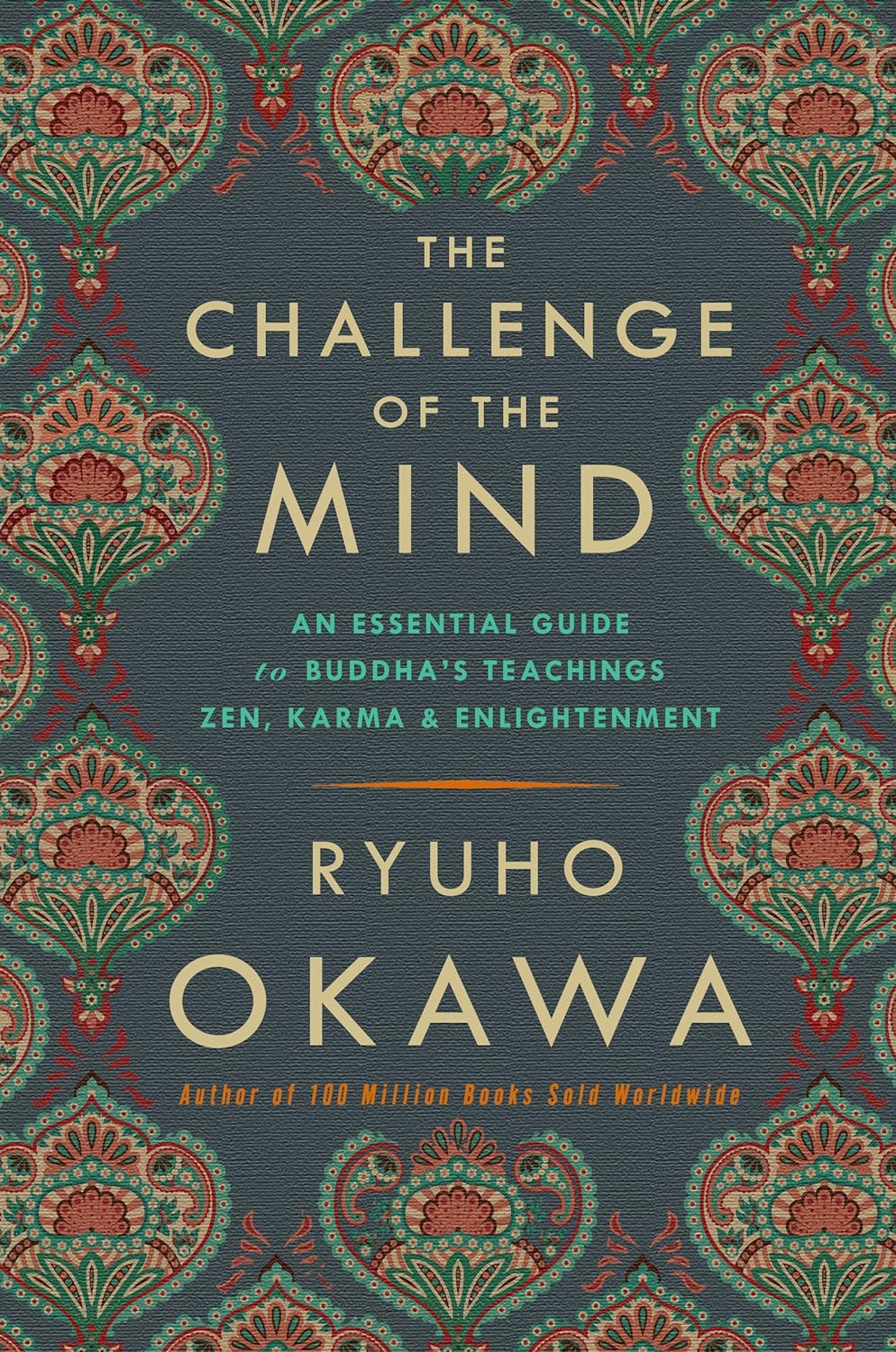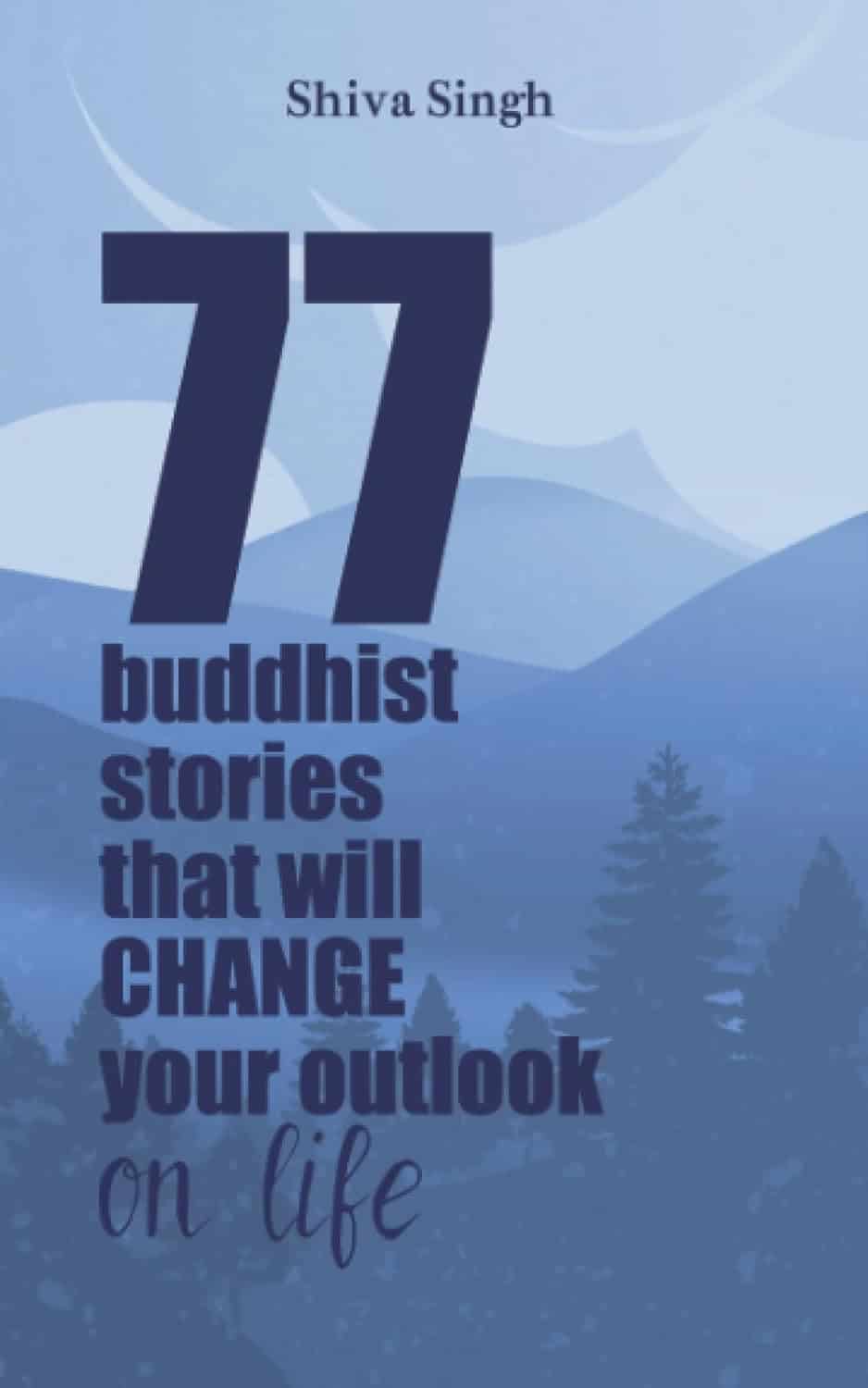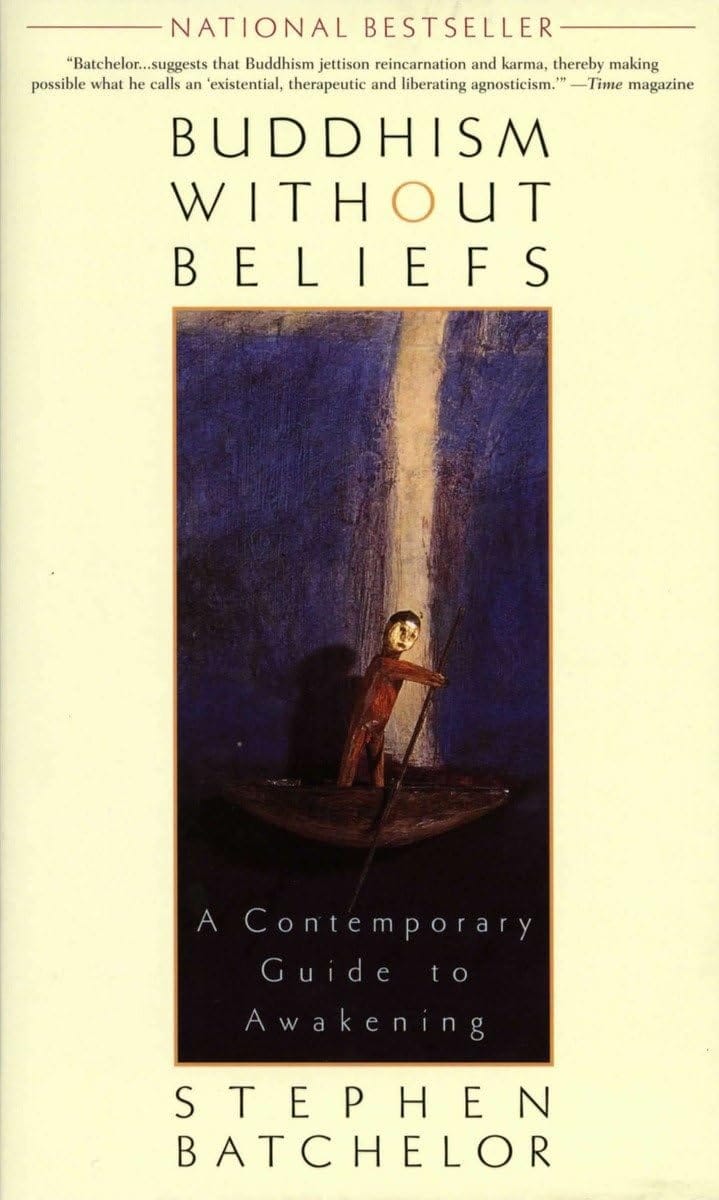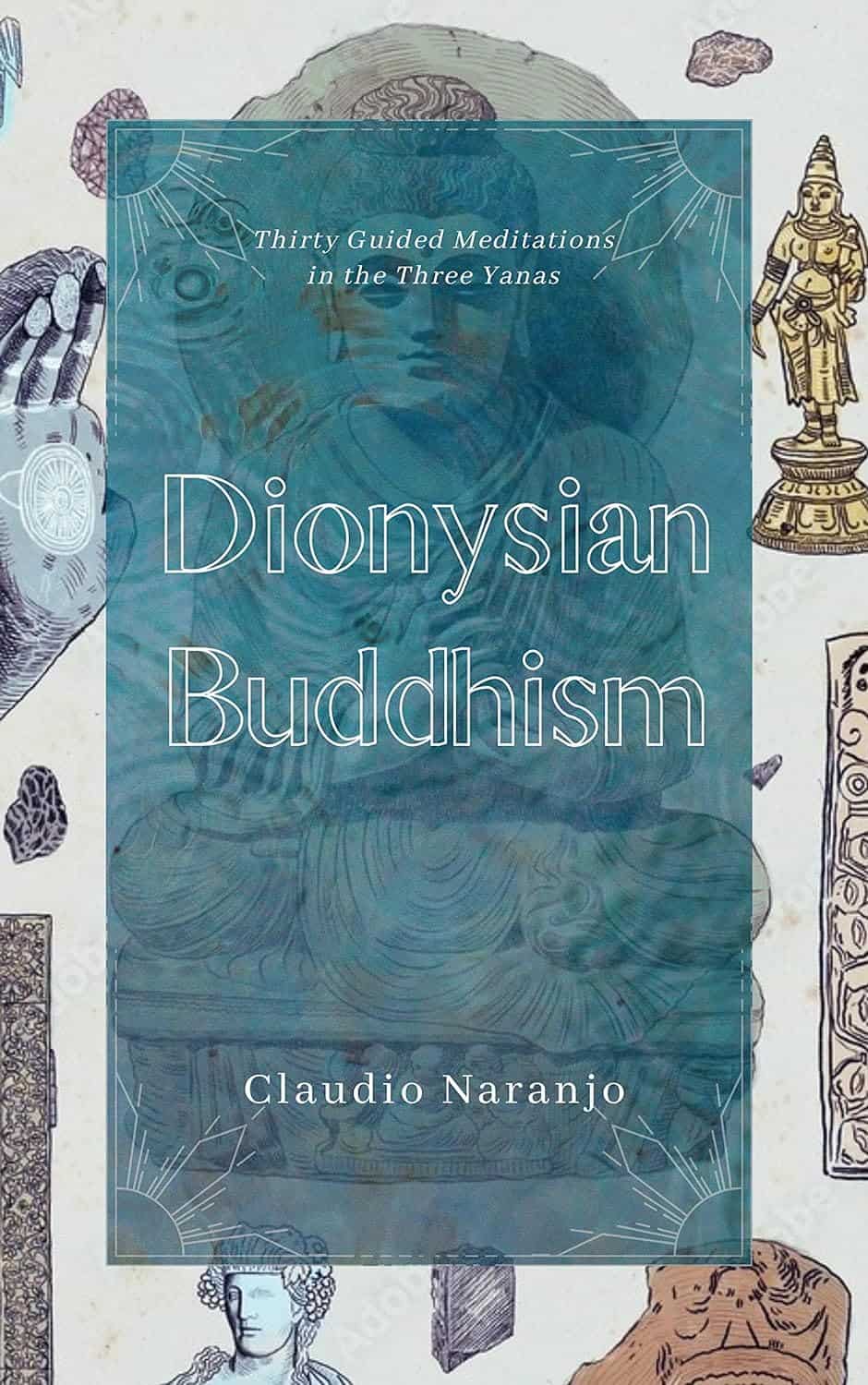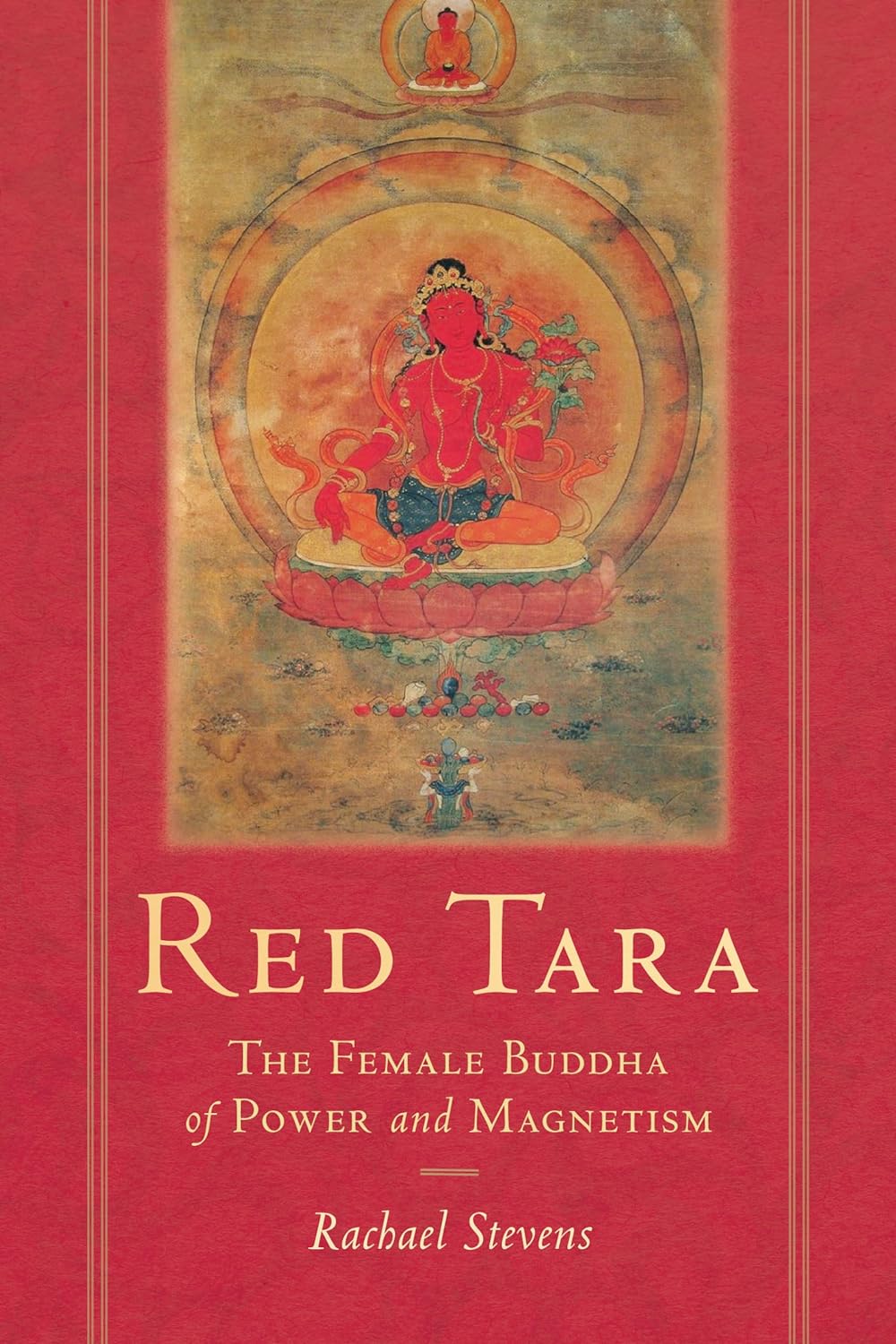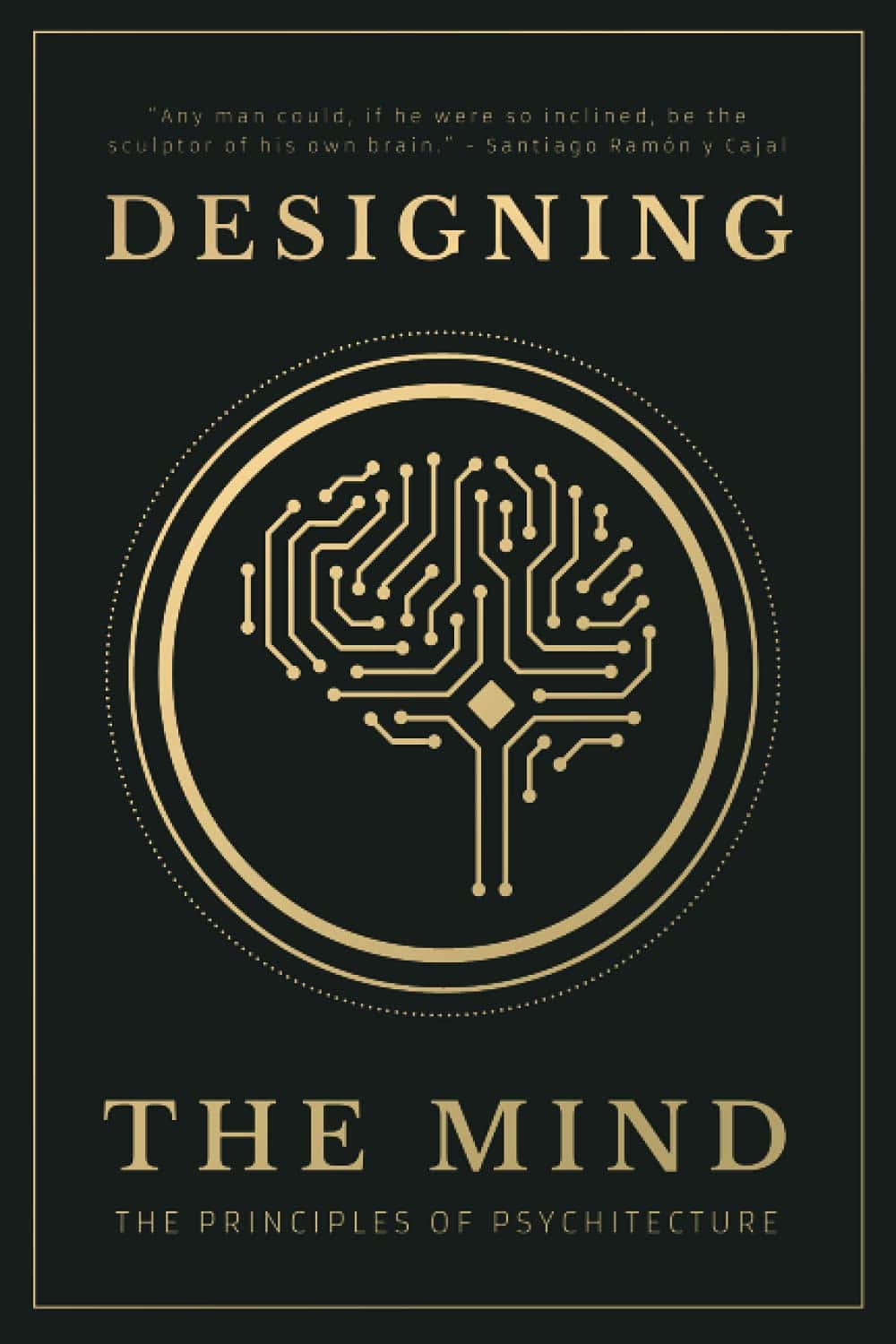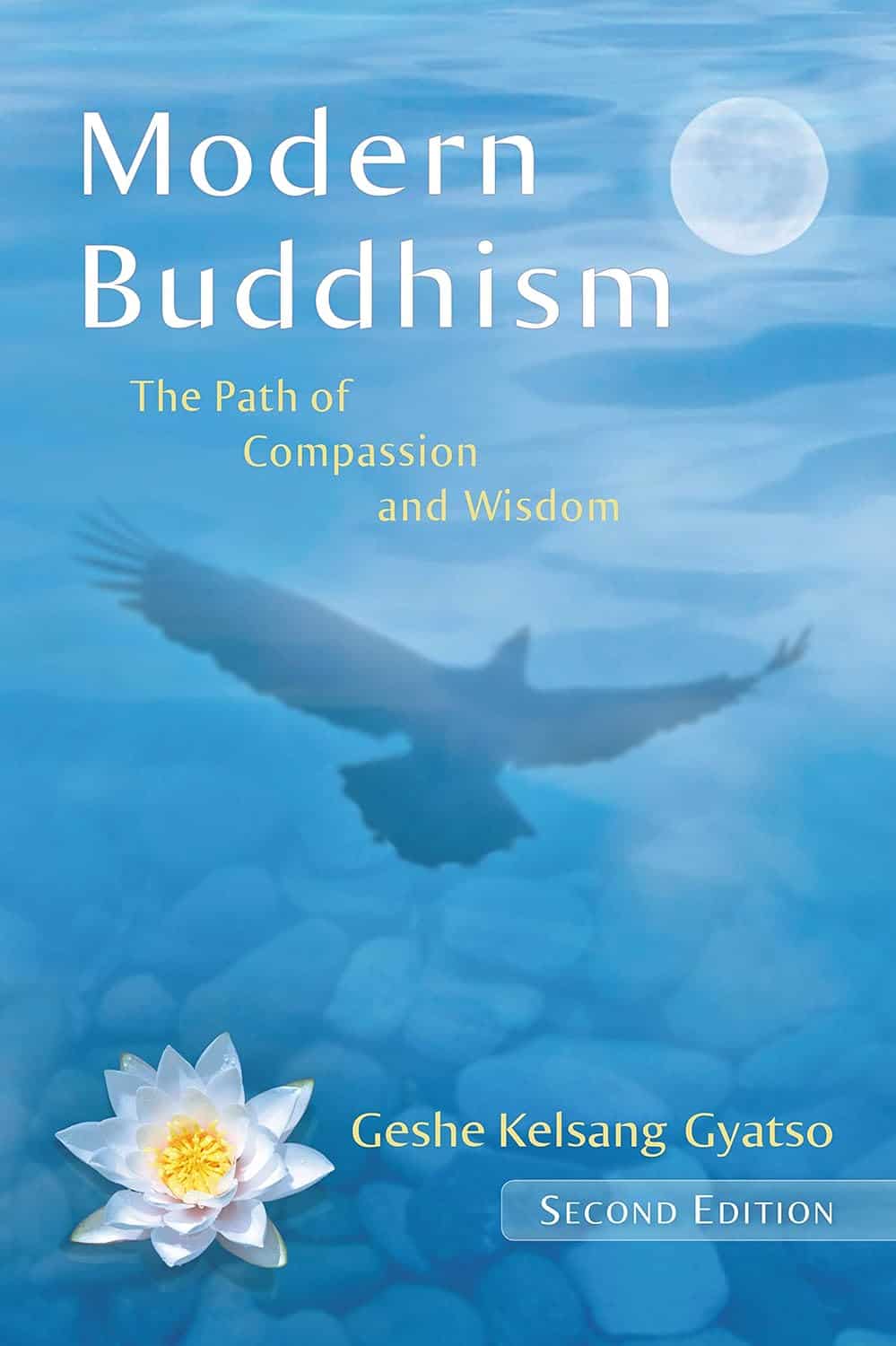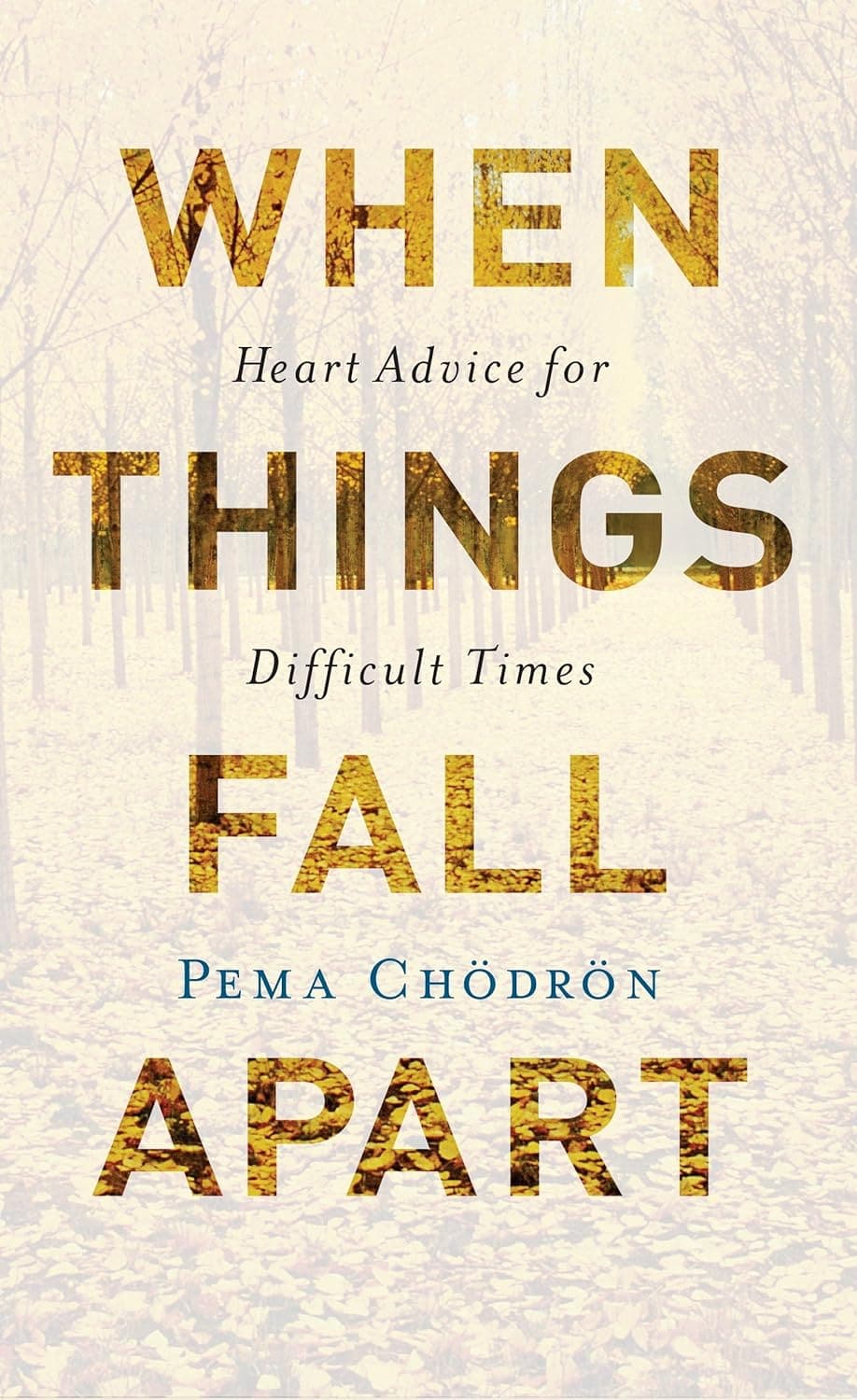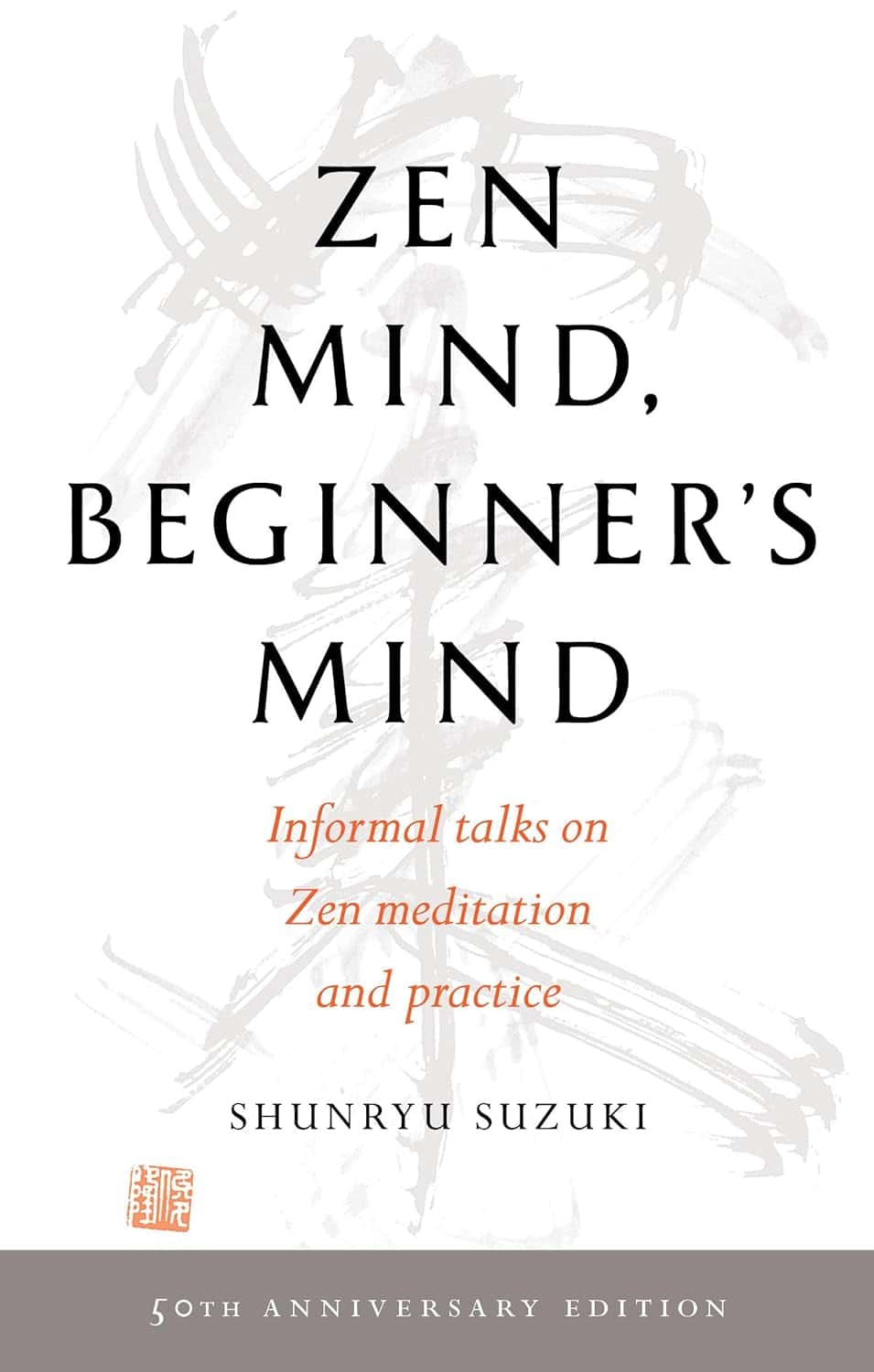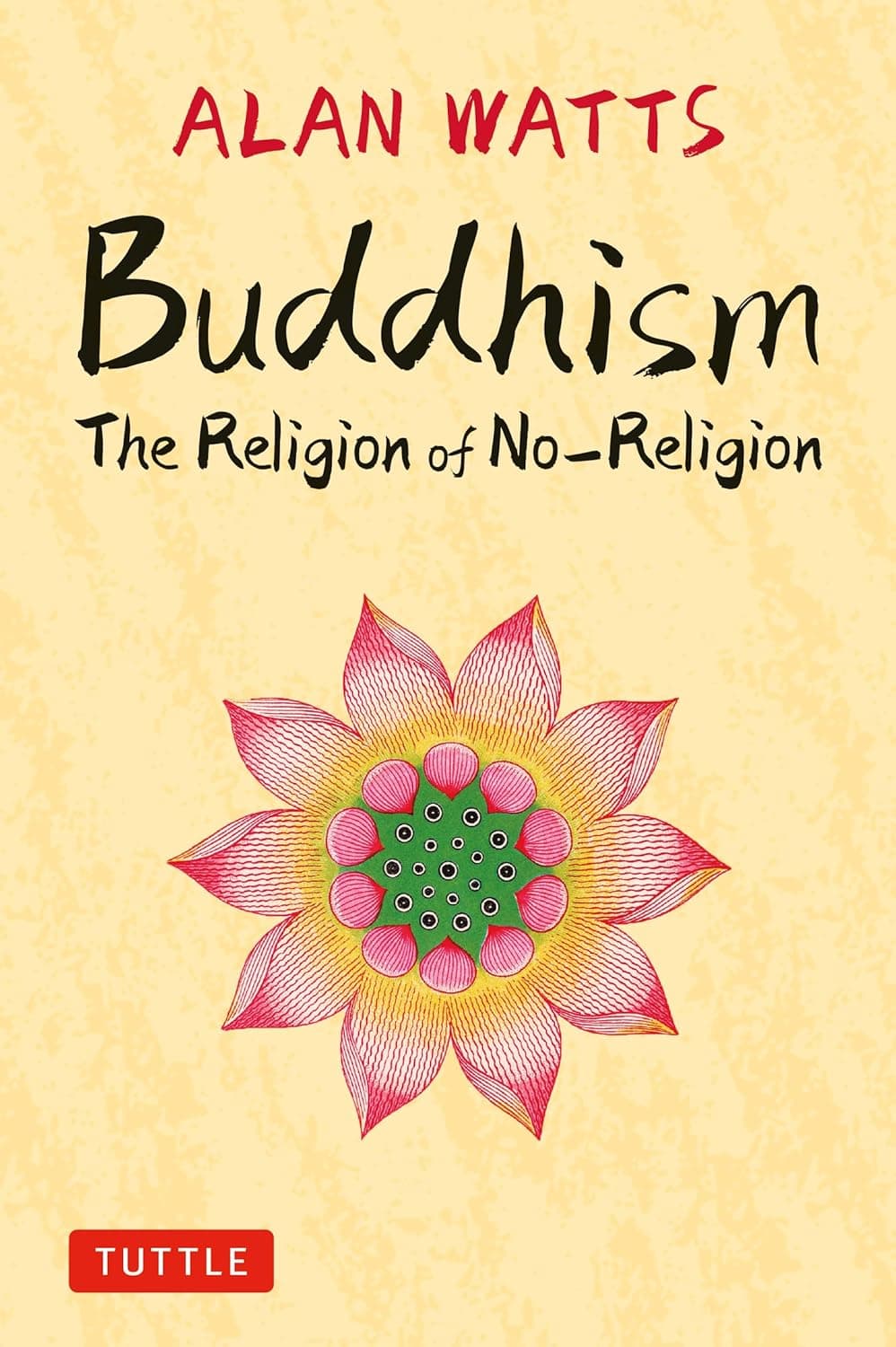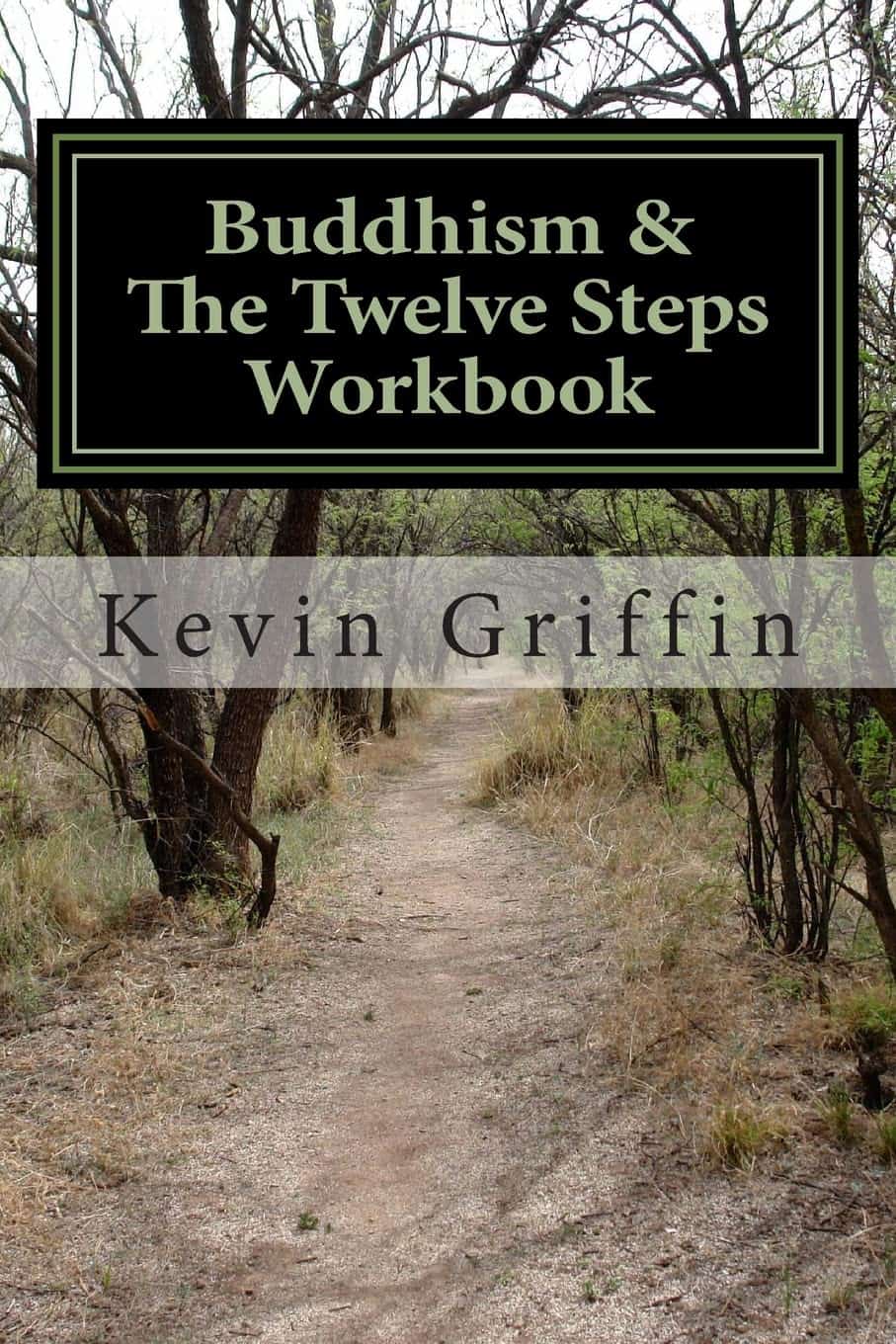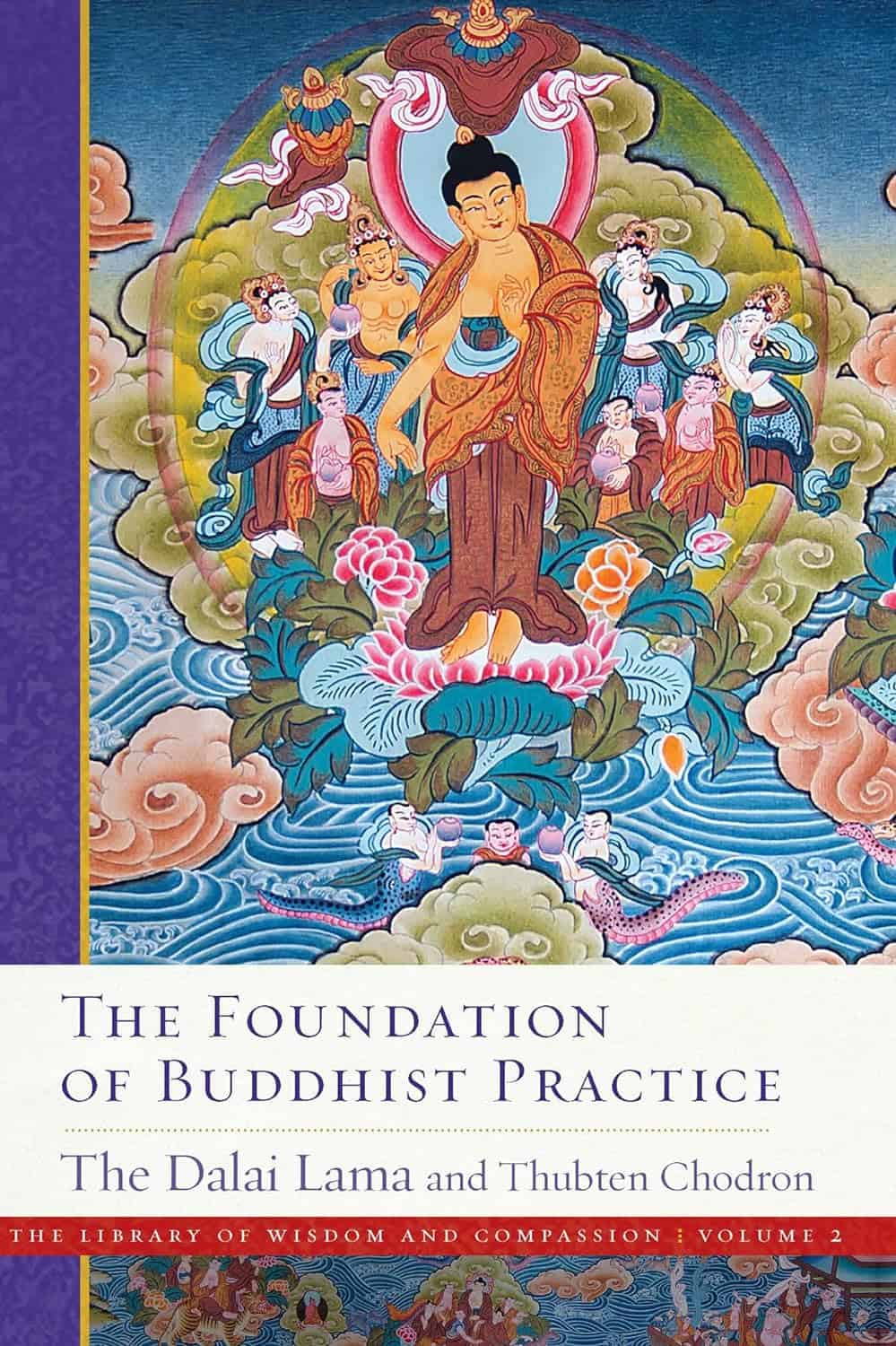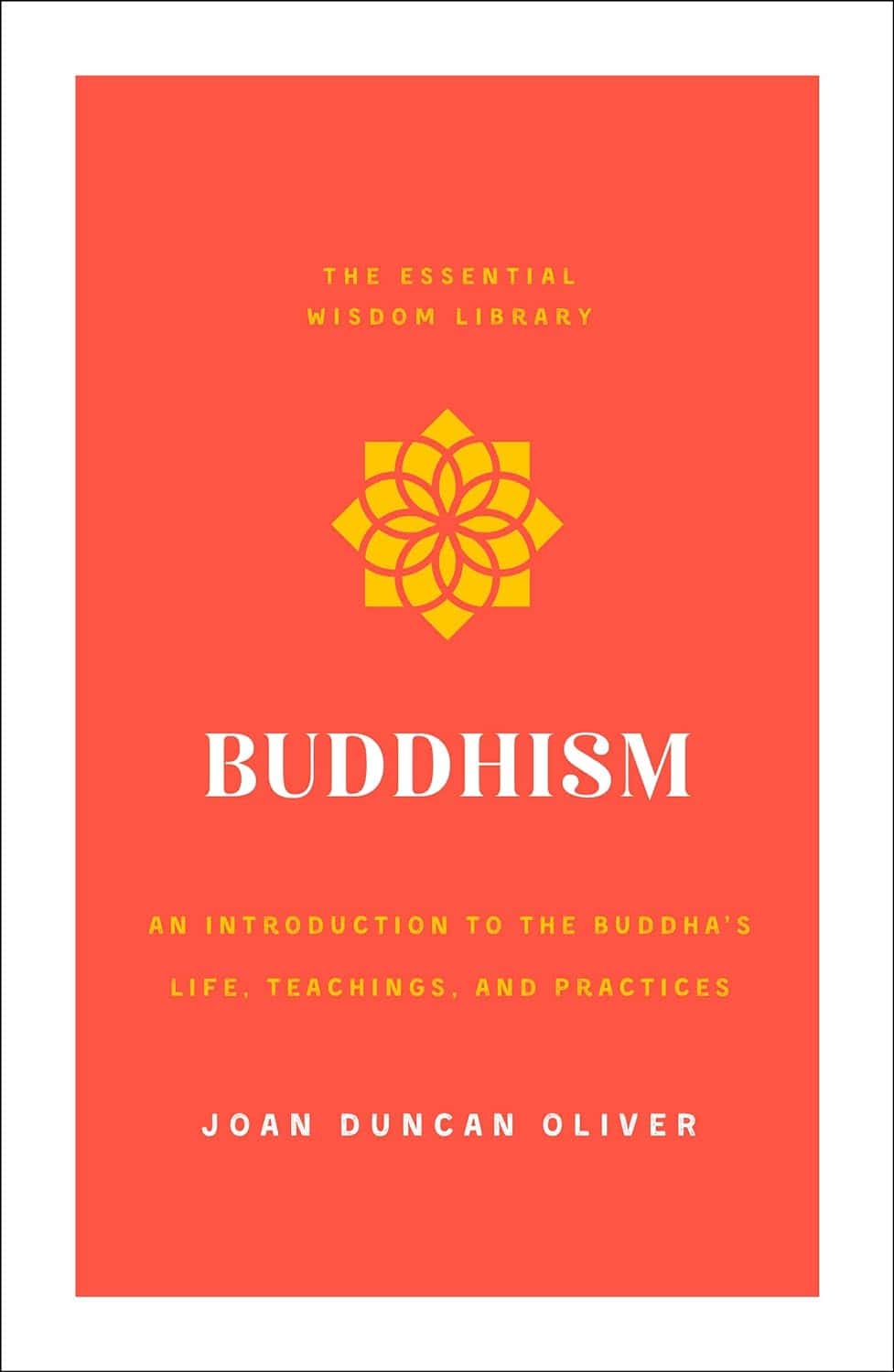Buddhism is a spiritual tradition with a rich history of over 2,500 years, offering insights into the nature of reality, suffering, and the human experience. Reading books on Buddhism is one of the best ways to learn more about this profound philosophy.
This article explores some of the best books on Buddhism, including classics of Buddhist literature, modern interpretations of Buddhist teachings, and practical guides to meditation and mindfulness. Whether you’re a seasoned practitioner or new to Buddhism, these books are sure to offer valuable insights and inspiration on your spiritual journey.
1. The Challenge of The Mind: An Essential Guide to Buddha’s Teachings: Zen, Karma, and Enlightenment – Ryuho Okawa
Ryuho Okawa’s book, The Challenge of The Mind: An Essential Guide to Buddha’s Teachings, provides a contemporary interpretation of Buddha’s teachings. The book is an insightful starting point for individuals interested in Buddhism or those who want to understand the core teachings of Shakyamuni better.
The book discusses fundamental Buddhist teachings such as karma and enlightenment in a simple and understandable manner. Additionally, the book includes chapters on Zen meditation, the benefits of an egoless perspective, and the philosophy of the Middle Way.
Through this book, readers can gain a deeper understanding of Buddha’s teachings and how they can be applied to modern-day life. Overall, The Challenge of The Mind is a valuable resource for anyone seeking to explore Buddhism and its teachings.
2. 77 Buddhist Stories That Will Change Your Outlook on Life – Shiva Singh
Shiva Singh’s book, “77 Buddhist Stories That Will Change Your Outlook on Life,” is a collection of 77 short stories that offer readers an insightful and entertaining perspective on Buddhist wisdom. The stories are easy to read and understand, making them perfect for those who want to adopt a new perspective on life. Singh’s book has been praised for its ability to clarify the search for truth and slow the pace of life.
The book contains profound truths wrapped in a simple package, making it an excellent read for anyone seeking to change their outlook on life. The stories are not only entertaining but also very profound, and their deeper meanings can profoundly impact one’s perspective of life.
3. Buddhism Without Beliefs: A Contemporary Guide to Awakening – Stephen Batchelor
Stephen Batchelor’s book “Buddhism Without Beliefs: A Contemporary Guide to Awakening” offers a fresh perspective on Buddhism, separating essential teachings from the formalities of the religion. Batchelor’s writing style is simple and elegant, inviting readers to understand the Buddha’s teachings on the nature of suffering, its origins, and the path to spiritual enlightenment that can be engaged in regardless of one’s background or beliefs.
The book focuses on the four ennobling truths, which are the heart of Buddhist instruction, and emptiness, the teaching that all people and things are connected in an ultimate sense. Batchelor’s approach to Buddhism is relevant for personal development, and it encourages readers to examine their religious beliefs and how they interact with them.
4. Dionysian Buddhism: Guided Interpersonal Meditations in the Three Yanas -Claudio Naranjo
In his book Dionysian Buddhism, Claudio Naranjo presents a unique approach to meditation that draws on Buddhist traditions. The book aims to help readers explore their emotional landscape and learn how to be centered and present. Each chapter helps readers cultivate an attitude of acceptance toward the present moment, face hardship with joy, and experience personal growth.
Naranjo’s approach to Buddhism is Dionysian in nature, which emphasizes non-attachment and non-interference with the flow of existence. The book offers guided interpersonal meditations in the Three Yanas, which are designed to help readers become more aware of others and their own emotional states.
Readers have praised Naranjo’s work, with one stating that “Naranjo gives us a gift usually reserved for his students.” Dionysian Buddhism is a valuable resource for those seeking to deepen their meditation practice and develop a better understanding of themselves and others.
5. Red Tara: The Female Buddha of Power and Magnetism – Rachael Stevens
Red Tara is a powerful and celebrated Buddhist goddess known for her ability to provide strength and magnetism during times of crisis. In her book, Rachael Stevens provides an insightful and comprehensive introduction to the goddess Tara, with a focus on Red Tara.
Throughout the book, Stevens explores the origins, forms, and practices of Tara, providing readers with a greater understanding of this influential Buddhist deity. She also covers various forms of Red Tara found throughout the Tibetan Buddhist world, the qualities she represents, and how readers can embody her principles through prayer and meditation.
5. Designing the Mind: The Principles of Psychitecture – Designing the Mind – Ryan A. Bush
In his book, “Designing the Mind,” Ryan A. Bush offers a fresh perspective on achieving personal growth and enlightenment. He argues that the mind is like software, consisting of many interwoven algorithms programmed by natural selection. To rewire cognitive biases, change ingrained habits, and transform emotional reactions, one must unplug from the mind and identify its underlying patterns. Bush provides guidance on how to change one’s psychological software and achieve personal growth.
One reader expressed initial skepticism about the book’s concept of the brain as software but found the guidance offered to be life-changing. The book’s principles of “psychitecture” offer a modern approach to designing the mind and achieving personal growth.
6. Modern Buddhism: Buddha’s Ancient Teachings For The Modern Person -Devean Chase
Devean Chase’s book, Modern Buddhism: Buddha’s Ancient Teachings for The Modern Person, offers a direct and easy-to-understand approach to learning about Buddhist teachings. The author provides a modern perspective on the ancient teachings, making it accessible to individuals who are new to Buddhism.
The book covers key elements of Buddhist thought, including the Four Noble Truths which Devean interprets as Four Realities, making it more relatable to modern readers. One of the highlights of the book is the author’s focus on mindfulness and meditation as a state of being.
Readers familiar with Buddhism will recognize the quotes attributed to Buddha found in the book. Reviews note that the book provides a no-nonsense and direct approach to learning about Buddhism.
7. When Things Fall Apart: Heart Advice for Difficult Times – Pema Chodron
When life gets tough, it can be challenging to find the strength to keep going. Pema Chodron’s book, “When Things Fall Apart: Heart Advice for Difficult Times,” offers readers a way to transform their suffering into joy. Drawing on traditional Buddhist wisdom, Chodron provides readers with practical tools to deal with pain, anxiety, and fear.
This book is perfect for those who want to improve their meditation practice or seek guidance on navigating life’s challenges. One reviewer even describes it as a “great way to live in consciousness.” Overall, “When Things Fall Apart” is a must-read for anyone going through difficult times.
8. Take Back Your Mind: Buddhist Advice for Anxious Times - Lodro Rinzler
Lodro Rinzler’s book, “Take Back Your Mind: Buddhist Advice for Anxious Times,” provides readers with practical tools to manage stress and anxiety in today’s chaotic world. The author’s writing style is relatable, compassionate, and friendly, making it easy for readers to understand and apply the teachings. This book is an ideal companion for anyone interested in mindfulness, meditation, and Buddhism.
A reader’s review highlights how this book has been life-changing and helpful in finding inner peace in a stressful world. The author’s writing is empathetic, wise, and insightful, making it a recommended read for everyone, not just those interested in Buddhist teachings.
Through “Take Back Your Mind,” Rinzler offers readers a path to take control of their minds and emotions, providing them with practical advice on how to live a more fulfilling life. This book is a must-read for anyone seeking inner peace and a way to manage stress and anxiety in their daily lives.
9. The Philosophy of Zen Buddhism – Byung-Chul Han and Daniel Steuer
Byung-Chul Han’s book, Philosophy of Zen Buddhism, provides a unique perspective on the intellectual power of Zen Buddhism. The author draws a comparison between the tenets of Zen Buddhism and Western philosophy, exploring the differences in the way religion, subjectivity, emptiness, friendship, and death are perceived.
Han’s ideas, which have their origins in the Far East, are fundamental to the groundwork of Zen Buddhism. The book is a must-read for anyone interested in studying world religions and philosophies. The author’s comparison of Zen Buddhism with the ideas of Western philosophers offers a fresh perspective on the subject, allowing readers to better understand the key tenets of Zen Buddhism.
Daniel Steuer’s article, “The Challenge of Enlightenment Now, Here, the New Dharma Wheel Turns,” illustrates the importance of Zen Buddhism in modern society. The article highlights the need for individuals to embrace Zen Buddhism’s teachings to achieve enlightenment in the modern world.
This section provides an overview of the philosophy of Zen Buddhism and its comparison with Western philosophy. It emphasizes the importance of studying Zen Buddhism and its relevance in modern society.
10. Zen Mind, Beginner’s Mind: 50th Anniversary Edition – Shunryu Suzuki
Shunryu Suzuki’s Zen Mind, Beginner’s Mind: 50th Anniversary Edition is a must-read for those who want to explore the philosophy and practice of Zen meditation. The book is a compilation of Suzuki’s talks on Zen that cover the basics of Zen meditation, such as posture, breathing, and concentration.
The book’s opening line, “In the beginner’s mind there are many possibilities, but in the expert’s, there are few,” sets the tone for the rest of the book. Suzuki’s writing is clear, straightforward, and full of insights into the practice of Zen.
This 50th-anniversary edition of the book includes a new foreword by the author’s son and a new afterword by a Zen teacher who was a student of Suzuki. The new foreword and afterword provide additional context and insights into the book’s teachings.
11. Buddhism: The Religion of No-Religion: Revised and Expanded Edition – Alan Watts and Mark Watts
The book Buddhism: The Religion of No-Religion by Alan Watts, a renowned figure of the counterculture movement in America during the 20th century, provides readers with a collection of 12 essays that delve into the core principles of Buddhism. In this revised and expanded edition, Alan Watts’ son, Mark Watts, adds an introduction that contextualizes the essays’ significance and relevance to contemporary readers.
One of the standout essays in the book is “The Religion of No-Religion,” where Alan Watts explores how Buddhism rejects dogma and instead serves as a guide to understanding oneself. His insights offer a valuable reminder that inner peace is attainable by looking within oneself. Throughout the book, Watts examines the roots of Buddhism in ancient India, the growth of interest in Zen and Tibetan Buddhism, and the differences between Buddhism and other religions.
This collection of essays provides readers with a treasure trove of wisdom and inspiration that remains relevant and impactful today.
12. Buddhism and the Twelve Steps: A Recovery Workbook for Individuals and Groups – Kevin Griffin
Kevin Griffin’s workbook, “Buddhism and the Twelve Steps,” offers a unique approach to recovery from addiction by combining Buddhist teachings with the 12 Steps. The book emphasizes mindfulness as the key tool for practice, which is presented in practical, easy-to-understand language.
One of the standout features of the book is its relatability to readers of all backgrounds, whether they are Buddhist or not. The author weaves Buddhist teachings into the 12 Steps, offering new insights and approaches to recovery.
The book also addresses a common issue with traditional 12-step programs, which is the emphasis on an anthropomorphized “God” derived from Judeo-Christian traditions. Griffin’s guide to the 12 Steps is presented in a way that is palatable for those who do not agree with this concept.
13. The Foundation of Buddhist Practice (2) (The Library of Wisdom and Compassion) – His Holiness the Dalai Lama and Venerable Thubten Chodron
The Foundation of Buddhist Practice, authored by His Holiness the Dalai Lama and Venerable Thubten Chodron, is an exceptional guide to the teachings and practices of Vajrayana Buddhism. The book offers an accessible introduction to essential Buddhist concepts such as dependent arising, emptiness, and karma. The authors also delve into topics such as the significance of a spiritual mentor, the mechanics of meditation, and the interconnection between the physical and mental realms.
According to a reader review, the book is an excellent compilation of teachings by His Holiness the Dalai Lama, providing a contemporary and comprehensive update of the vast and profound literature on the Stages of the Path to Enlightenment. The review highlights that the book is closely aligned with ancient classics, yet it carefully addresses and answers relevant doubts and concerns of modern-day readers, making it an indispensable read for any serious student of Buddhism.
The Foundation of Buddhist Practice is part of The Library of Wisdom and Compassion series, which aims to present the Buddhist path in a clear and accessible manner. This book, in particular, is highly recommended for those seeking to establish a flourishing Dharma practice.
14. Buddhism: A Brief Guide to the Buddha’s Life, Teachings, and Practices
Joan Duncan Oliver’s Buddhism: An Introduction to the Buddha’s Life, Teachings, and Practices is a contemporary guide to the ancient wisdom tradition of Buddhism. The book serves as an essential resource for anyone seeking to understand the fundamental teachings of Buddhism. Oliver’s writing style is accessible, making it easy for readers to grasp complex concepts.
The book provides a clear and concise overview of the history, teachings, and practices of Buddhism. It is an indispensable guidebook to the transformative impact of Buddhism on the lives of millions of people around the world. One reader described the book as a “little gem” that offers a comprehensive introduction to Buddhism.
The book’s teachings include the Four Noble Truths, the Eightfold Path, and the Three Universal Truths. Oliver also covers the development of Buddhism, including the life of the Buddha, the spread of Buddhism, and the different schools of Buddhism.
Summary
Books on Buddhism offer a wealth of knowledge and insight into the teachings and practices of this ancient religion. From introductory texts to advanced treatises, these books cover a wide range of topics, including meditation, mindfulness, ethics, and philosophy.
Some of the most popular books on Buddhism include “The Heart of the Buddha’s Teaching” by Thich Nhat Hanh, “Buddhism for Dummies” by Jonathan Landaw and Stephan Bodian, and “The Tibetan Book of Living and Dying” by Sogyal Rinpoche. These books provide readers with a deeper understanding of Buddhism and its relevance to modern life.
